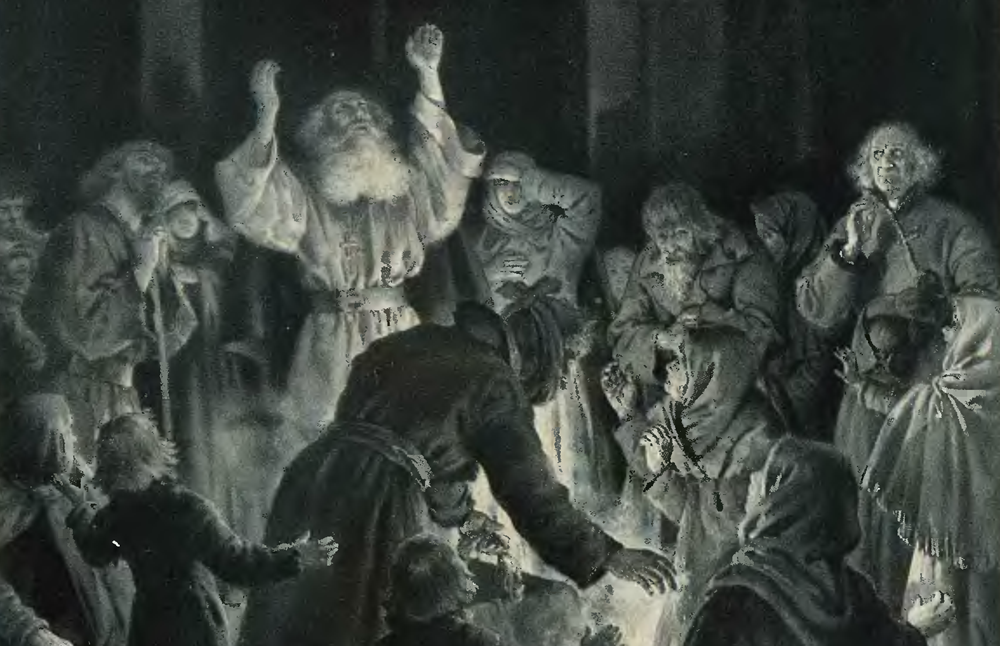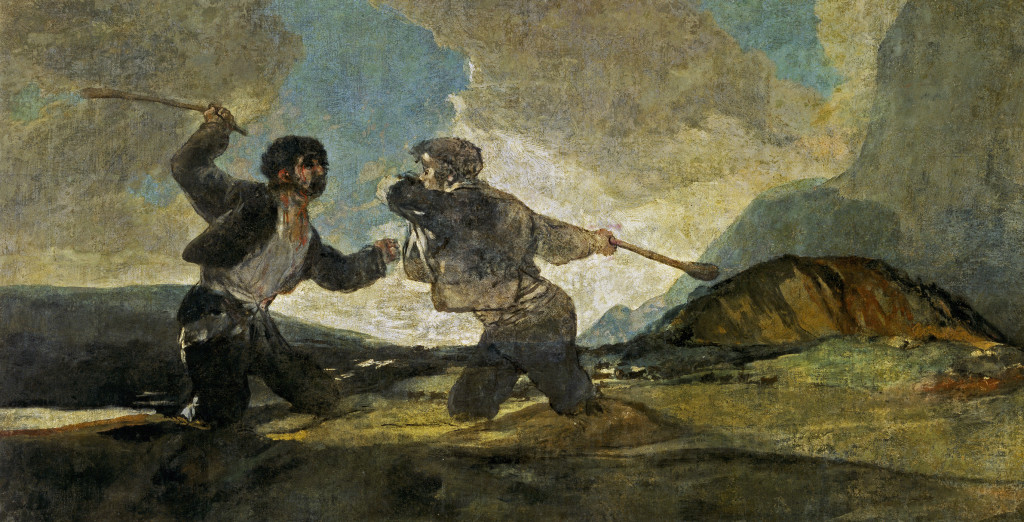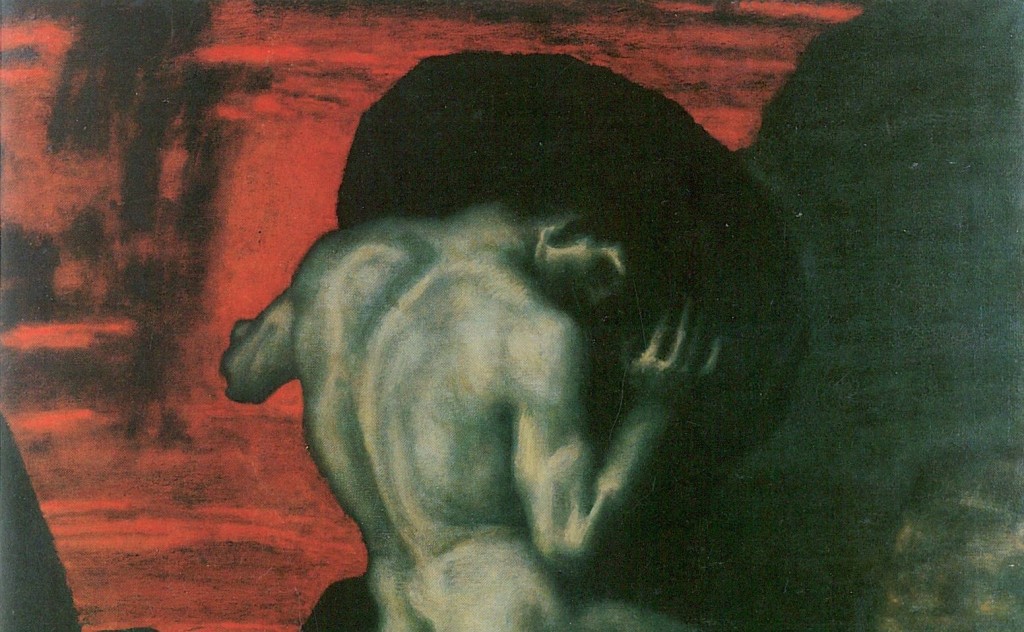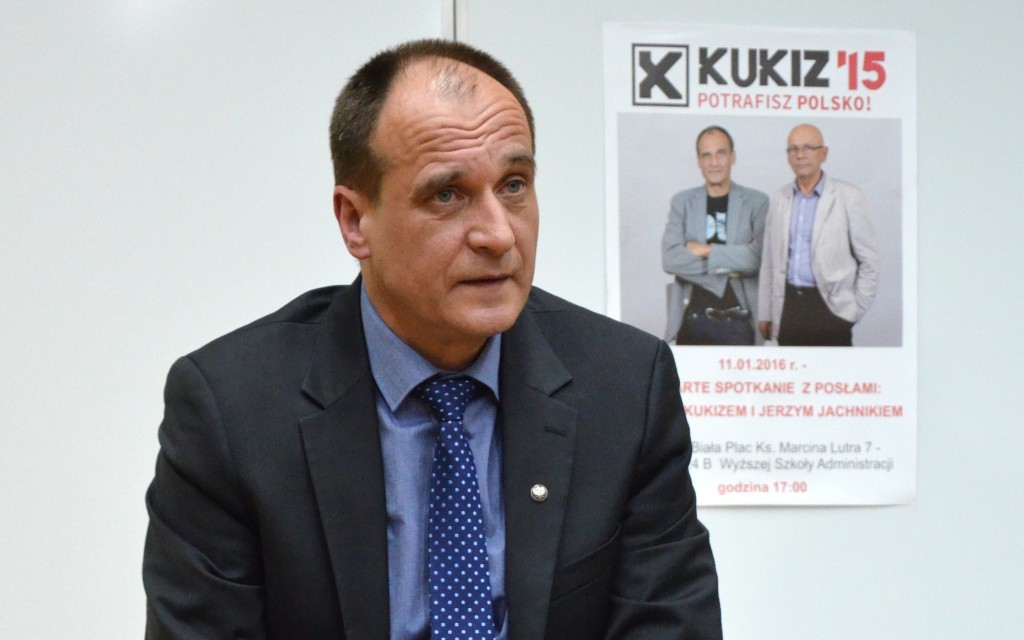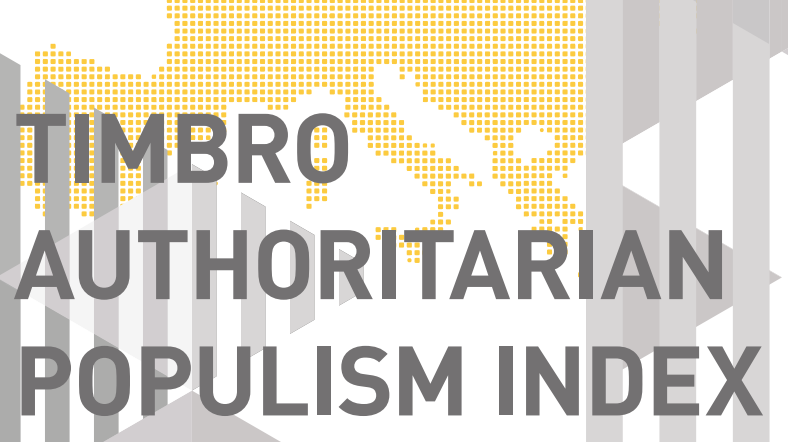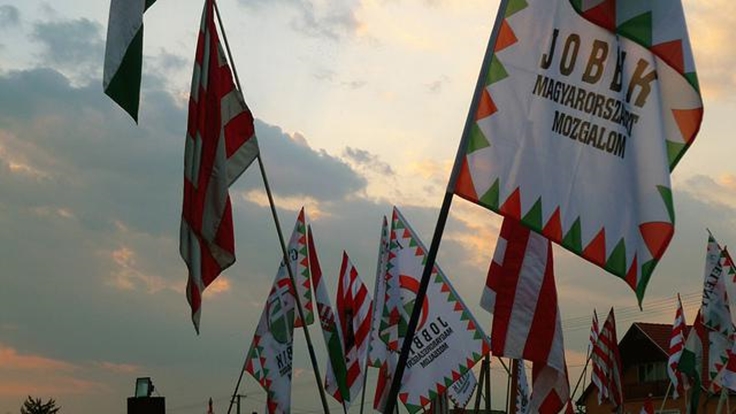
The Young, The Angry, The Right-Wing
BY
Liberte / August 7, 2025
Young men were forgotten by the campaign. Young men were forgotten by the politics. Young men were forgotten by Poland. That is why Nawrocki won the election. The recent elections confirmed what we had already known about Poland for many years. Poles are divided, torn almost exactly in half by striking polarization. The results of the first round immediately confirmed the greatest fears. This division of Poland is still going on.



